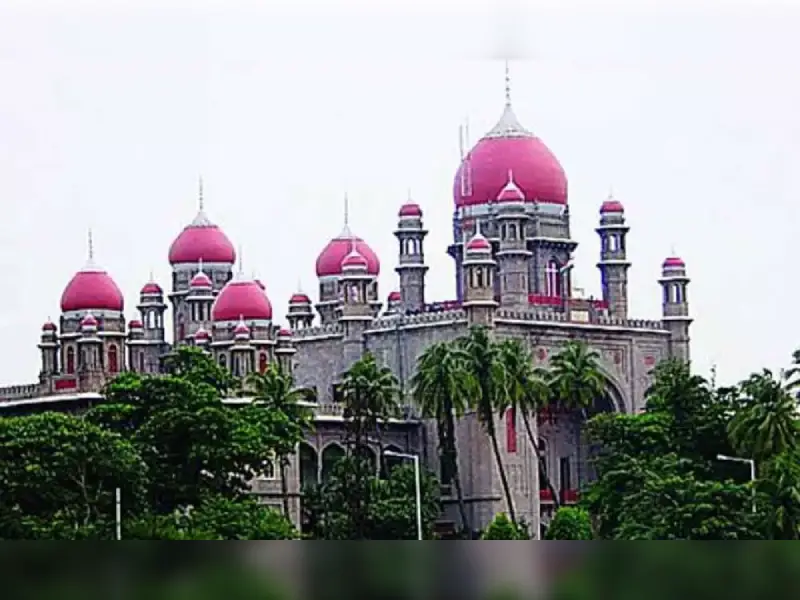Telangana HC hears over 4,000 cases via video conferencing during lockdown
By Newsmeter Network
Hyderabad: Amid Covid-19 lockdown, the Telangana High Court heard over 4,000 cases through video conferencing. In a statement released on May 9, the Registrar General of the HC stated that the High Court has taken up 4,316 cases during the lockdown.
The court also disposed of 467 matters, till date. This is in addition to interlocutory applications granting interim reliefs, the statement said.
The Telangana High Court had decided to take up judicial proceedings through video conferencing since March 23, after the government took steps to curb Covid-19 virus across the state and in the country.
Urgent matters such as bail applications, applications for suspension of sentence in criminal appeals and revisions, interlocutory applications for interim reliefs, writ petitions, pertaining to demolition, dispossession, writs of habeas corpus, preventive detention and PILs were taken up during the lockdown.
While regular judicial and administrative work in the High Court was suspended from March 24 to April 14, the High Court later decided to hold proceedings of urgent matters every week on Monday, Wednesday and Friday via video conferencing or Skype.
The procedure involves advocates, who will first submit their matters via email to the Registrar General and then submit the same in front of the Chief Justice. The decisions on the hearing will be taken by the Chief Justice of the High Court.
“All the Benches of the Hon’ble High Court have been hearing the said matters daily with effect from April 20, 2020,” the statement said.
Earlier, the Supreme Court, on April 26, stated that it had heard a total of 593 cases through video-conferencing in April. It had also said that judgements were delivered with regard to 41 cases in the aforesaid period.
However, citizens have expressed apprehensions regarding video conferencing of court hearings since it was not accessible to the public.